Türkiye becomes 4th largest natural gas market in Europe: Energy Minister
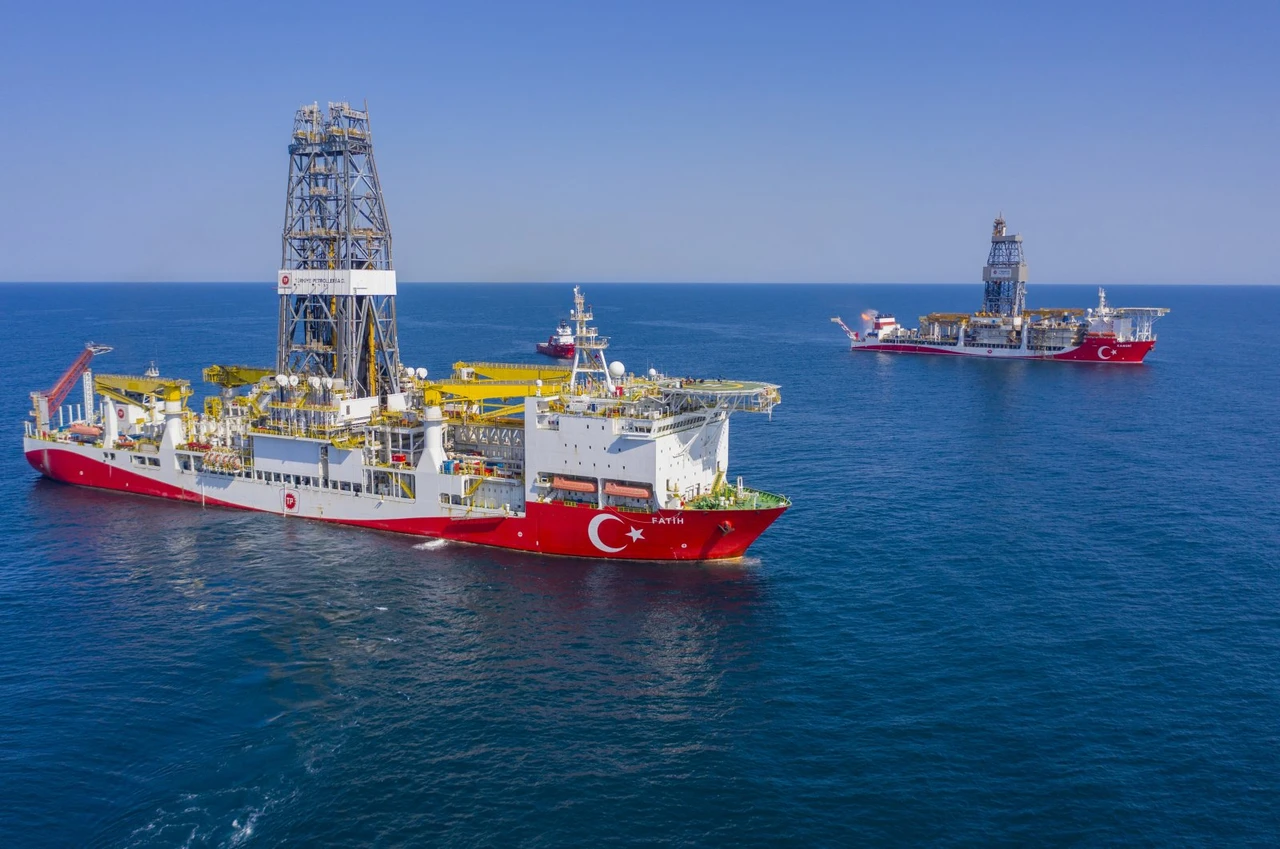 Türkiye's Fatih and Kanuni drillships are seen in the Sakarya gas field in the Black Sea on July 29, 2021. (AA Photo)
Türkiye's Fatih and Kanuni drillships are seen in the Sakarya gas field in the Black Sea on July 29, 2021. (AA Photo)
Türkiye has positioned itself as the fourth-largest natural gas market in Europe, with Energy and Natural Resources Minister Alparslan Bayraktar highlighting that the country’s gas consumption has exceeded 50 billion cubic meters, thereby strengthening its strategic energy infrastructure.
In his speech at the Atlantic Council’s Regional Clean and Secure Energy Conference, Bayraktar discussed Türkiye’s energy transformation strategy and the importance of natural gas.
He highlighted that Türkiye’s position as a key natural gas market in Europe is strengthened by its substantial contributions to regional energy stability. “I want to emphasize that Türkiye is committed to making investments in this area now and in the future,” he stated.
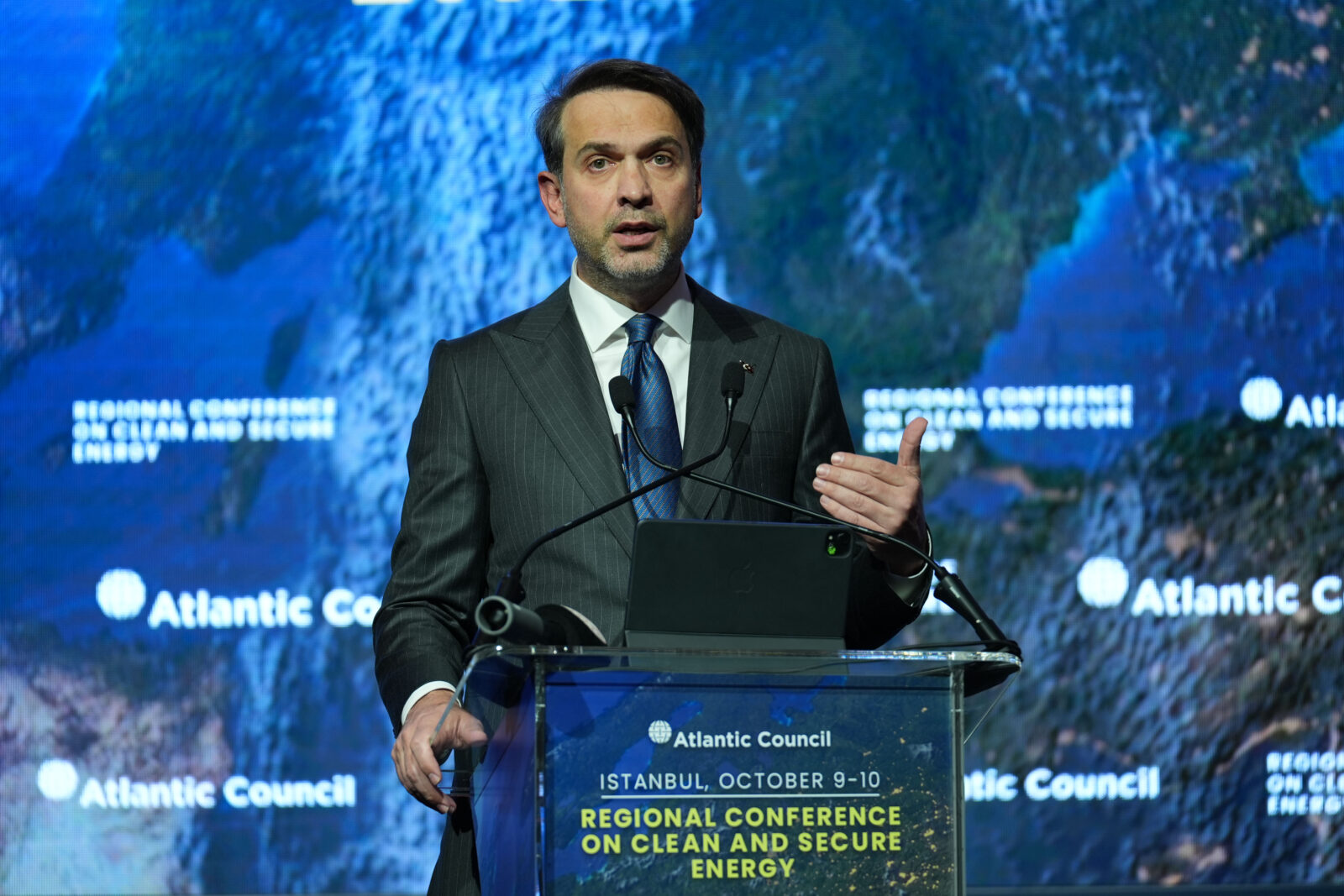
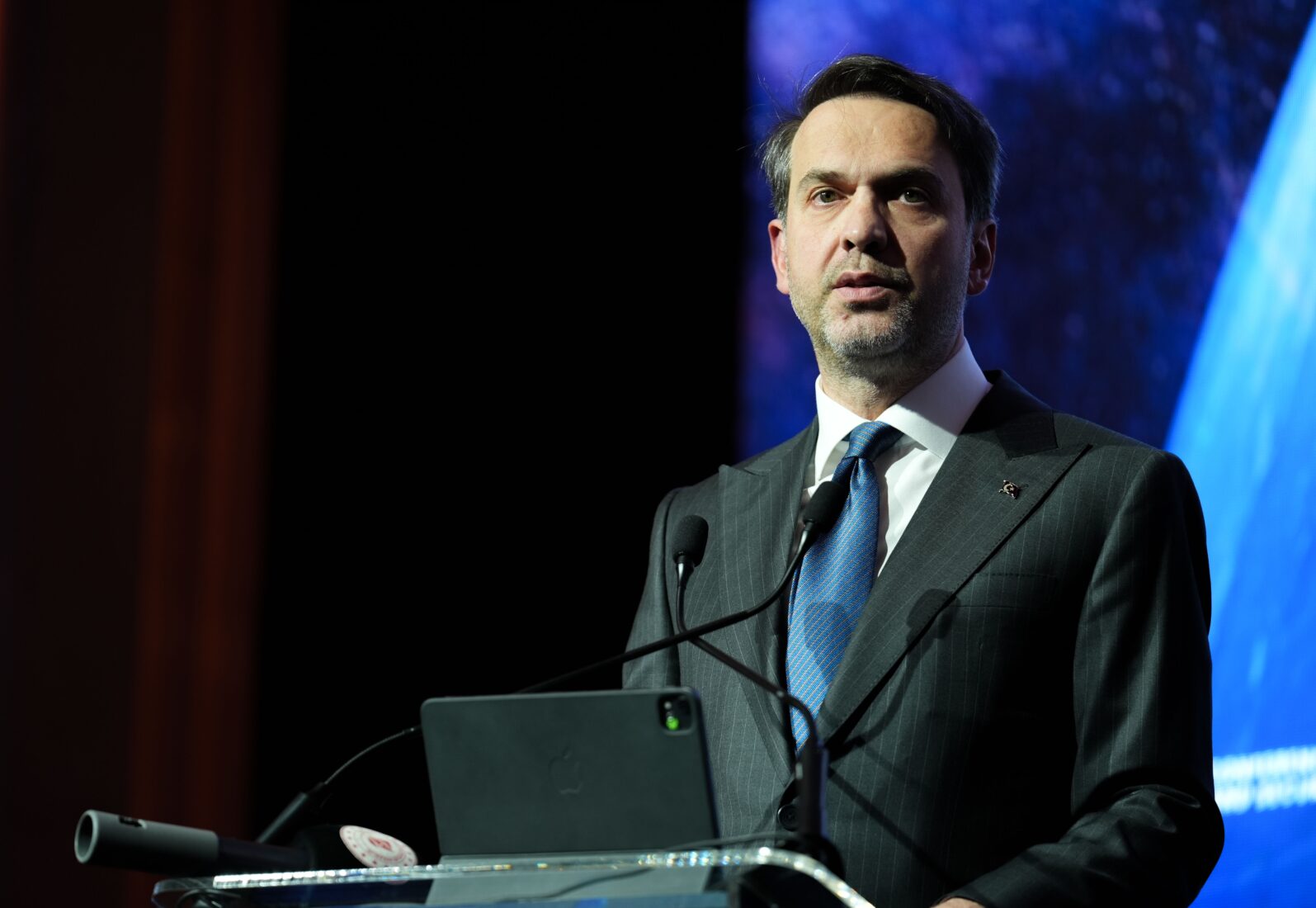
Renewable energy, carbon goals
The minister noted that Türkiye ranks fifth in Europe and 11th globally in renewable energy capacity. He announced the country’s target for net-zero emissions by 2053, identifying renewable energy as the most promising area for development.
“We have set renewable energy as our top priority for growth, particularly as we aim for net-zero emissions by 2053,” he added. Türkiye aims to add 5,000 megawatts of new solar and wind capacity to its existing infrastructure each year during this period.
Natural gas supply security
Bayraktar detailed measures taken to ensure natural gas supply security, including the expansion of gasification terminal capacities and underground storage facilities.
“To ensure our natural gas supply security and diversify our sources, we have increased the capacity of our gasification terminals,” he explained.
As a key player in liquefied natural gas (LNG) supply, Türkiye is set to meet an annual production target of 7.5 billion cubic meters following a major gas discovery in the Black Sea in 2020.
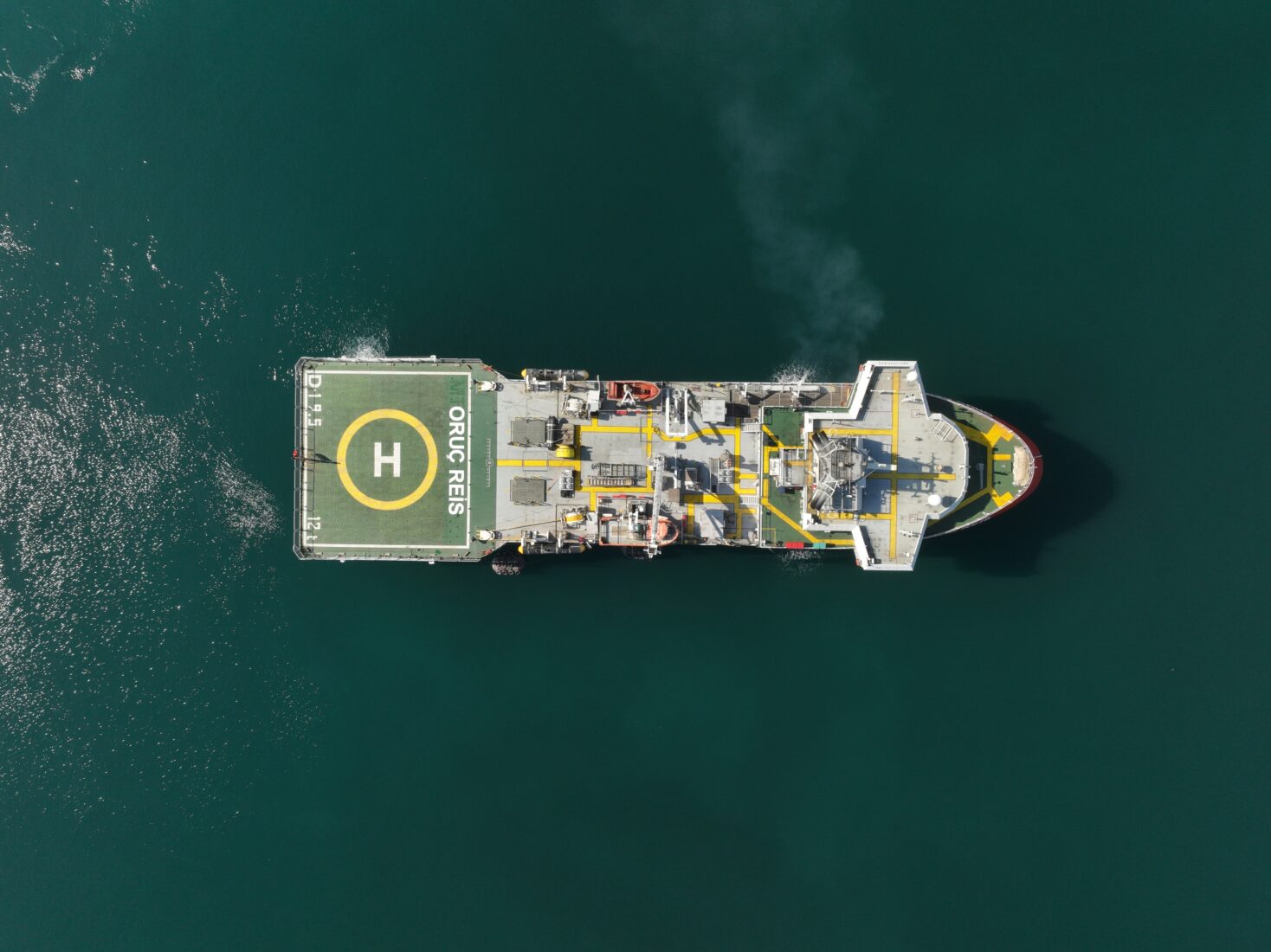
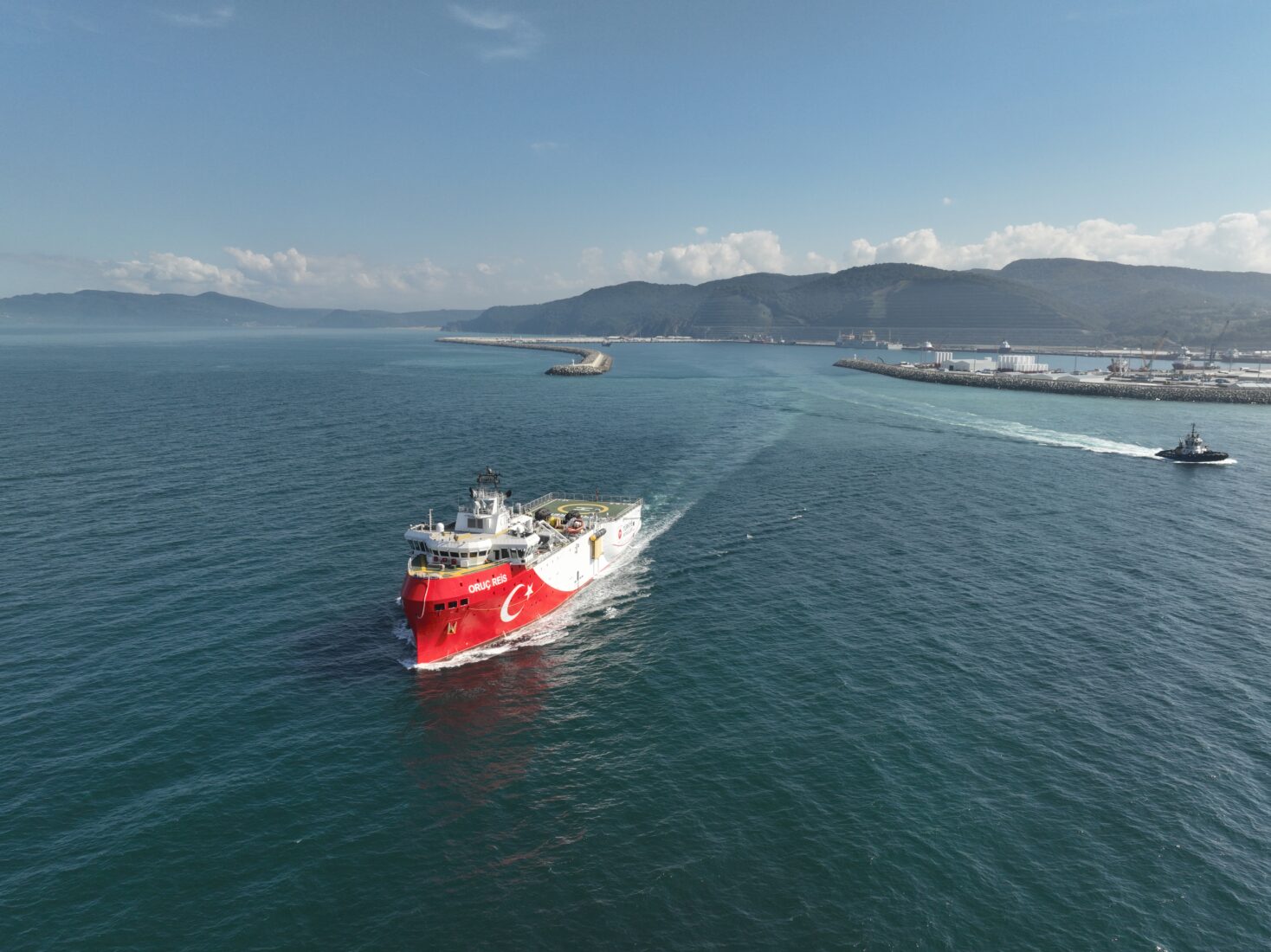
Regional collaborations
The minister underscored the need to enhance the capacity of existing pipelines with Greece and Bulgaria to increase natural gas exports to Southeast European countries. He reaffirmed Türkiye’s commitment to ongoing regional collaborations that enhance energy supply security, stating, “Türkiye is committed to making investments in this area, both now and in the future.”
Future goals
To meet energy efficiency targets, Türkiye aims to achieve $26 billion in energy savings by 2040. Bayraktar highlighted the significance of public-private partnerships in achieving this goal, emphasizing, “We aim to collaborate with both public and private sectors to achieve this ambitious target.”
Additionally, Türkiye plans to strengthen its electricity transmission infrastructure in collaboration with Georgia, Azerbaijan, Bulgaria and Greece.
In summary, Türkiye is not only the fourth-largest natural gas market in Europe but is also working to become a regional power through its initiatives in energy security and efficiency.
“Türkiye is not only the fourth-largest natural gas market in Europe but also aims to enhance its role as a regional power through energy security initiatives,” he concluded.



